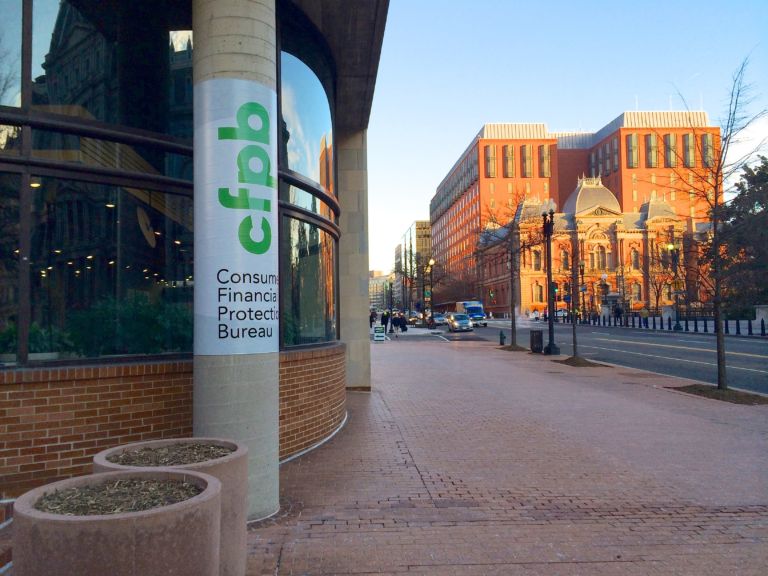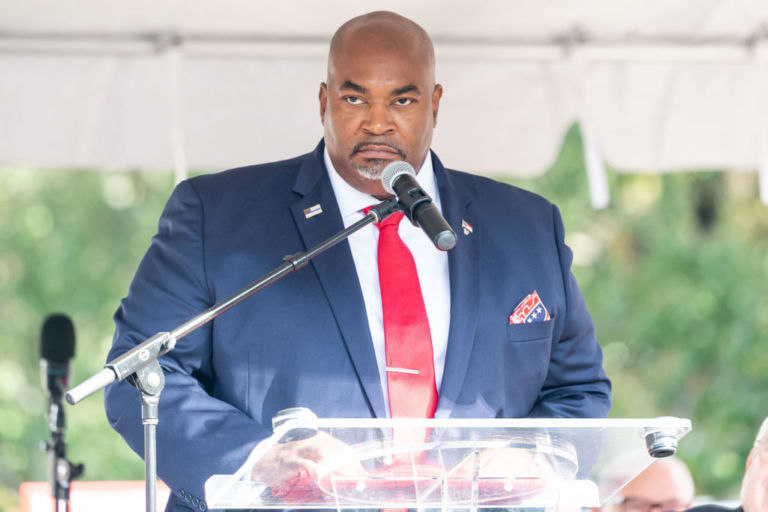Mark Pulliam writes for the Martin Center about the disappearance of religion from campus religious studies.
Many academic disciplines have gotten “woke” in recent years, especially in the humanities and social sciences. For the most part, this transformation has occurred in plain view as colleges created departments for (and offered degrees in) “Women’s and Gender Studies,” “Black Studies,” “LGBTQ Studies,” “Latino Studies,” and the rest of the intersectionality parade.
One discipline, however, sports an innocent-sounding moniker—“Religious Studies.” Studying religion would seem to be immune to the current trends in higher education, focusing instead on theological concerns.
That impression, however, is inaccurate. Religious studies—one of the most “woke” disciplines on America’s college campuses—is an ideological wolf in sheep’s clothing, luring students, parents, and alumni into a false sense of security.
In the innocuous guise of religious studies, many colleges and universities are promoting a leftist political agenda.
I discovered this recently when a local college invited a “religious studies” scholar to deliver a lecture on faith that turned out to be a Marxist critique of capitalism, with not a single word about God or the Bible. This episode was eye-opening, but unfortunately not an aberration.
To my surprise, the field of religious studies is no longer primarily about religion, but rather a radicalized amalgam of socialism, LGBTQ activism, and identity politics. Hundreds of schools, both private and public, offer degrees in “religious studies,” including many of the nation’s leading universities. No longer the exclusive domain of seminaries, divinity schools, and Bible colleges, religious studies is even taught at most Ivy League schools.
Perhaps because of the limited job market, relatively few students major in religious studies, but it is a popular elective. At Yale, for example, while the volume of religious studies degrees has declined to a trickle, enrollment in undergraduate courses offered by the religious studies department has increased over the past decade.


